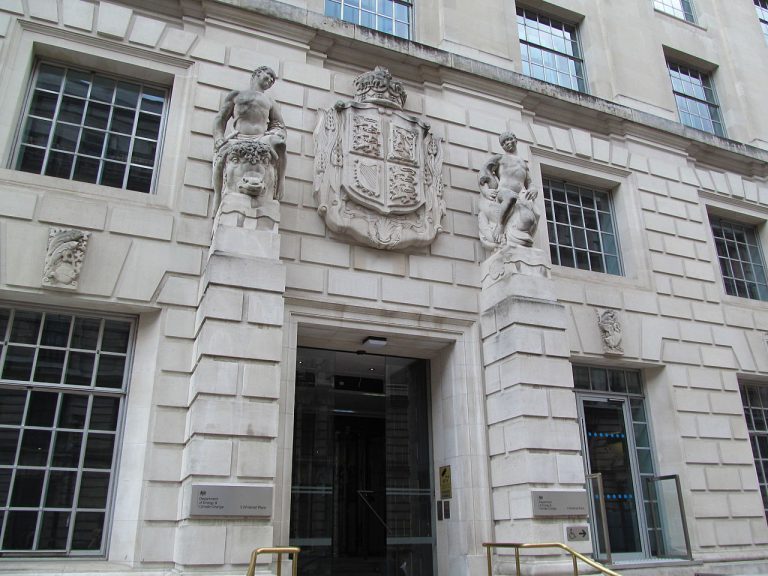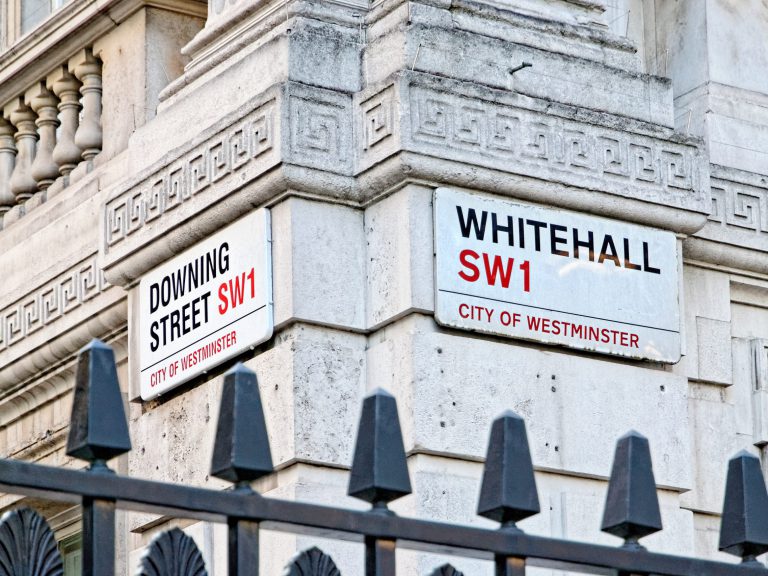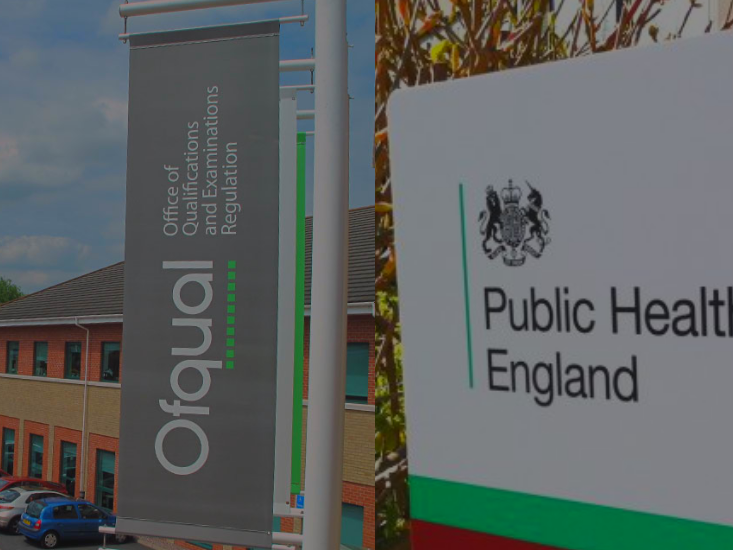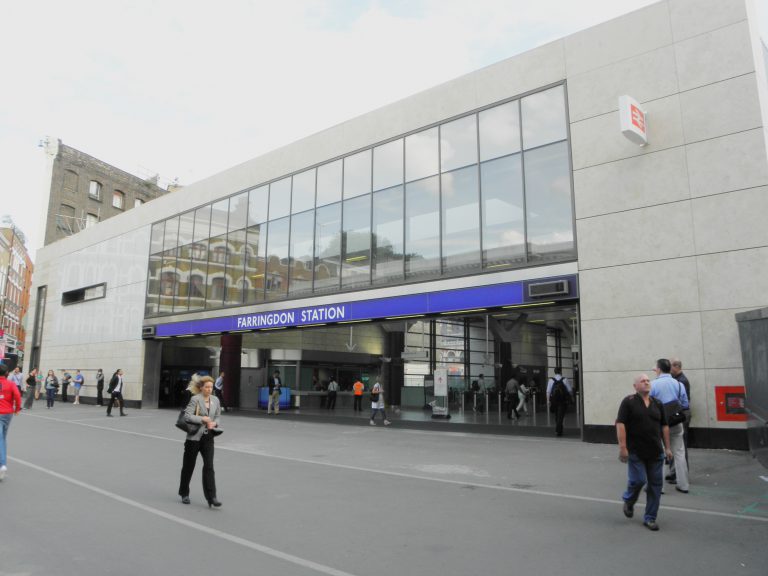Track and Trace – Why is Serco in the Frame?
Serco was awarded a track and trace contract valued up to £400m, apparently without competition.
Actually, there was a competition – kind of. Serco competed for, and won a place on a government “framework” contract. In effect, it is a catalogue – enabling governments to call off goods and services, without the need for further competition. In this case, the contract was for call centre services, and awarded by the Crown Commercial Service.
Some years back, I caused a bit of a stir at a government procurement conference. I described frameworks as lazy. They are perfectly good for buying routine goods and services. But my concern was that suppliers on framework contracts had an inside track to secure more complex requirements without further competition. What tended to happen was that civil service managers, knowing who the framework suppliers were, would just choose them and instruct procurement staff to appoint them without any detailed consideration of their fitness for the task. Or, as seems to be the case with this contract, approach the company they wanted and ask if they had a suitable framework on which to “piggy back” the requirement.
Not so much a problem if you’re buying office furniture or grass cutting services. But track and trace services for a world-wide pandemic? I’m not convinced. And a contract value of up to £400m? Doesn’t sound very routine to me.

Another issue, is that big suppliers on frameworks tend to swallow up more and more work. Narrowing the market, driving out competitors, and building portfolios of government business that are deemed “too big to fail”. This leads to complacency. And also to (let’s put it diplomatically) “errors”. The Guardian reported that last year that Serco were fined £19.2m over claims that they ”had charged the government for tagging criminals who were either dead, in jail, or had left the country”. And this wasn’t the first time concerns have been raised about Serco charging for services they had not performed (and they are not alone amongst major suppliers to government). I worked on the government’s response to similar concerns several years back – helping to overhaul contract management in government.
So, the Serco track and trace contract may be legal. But legitimate? Not sure I’d trust them. Their contract allows them to design their own performance management system. Probably not the wisest approach for a company with a somewhat patchy track record.

Simon Lydiard is an Associate of DragonGate and a Founding Partner of Breaking Barriers Innovations.

























